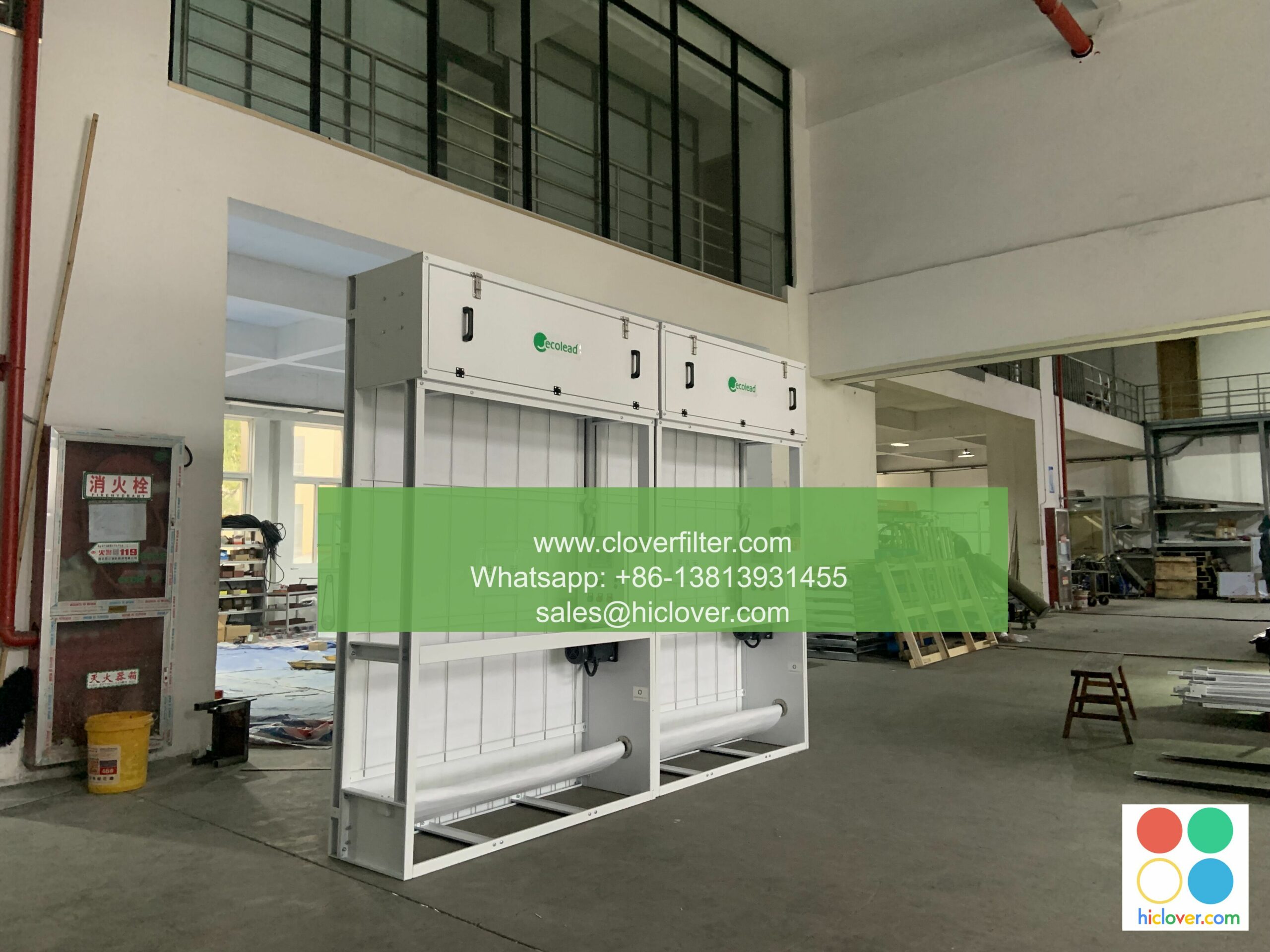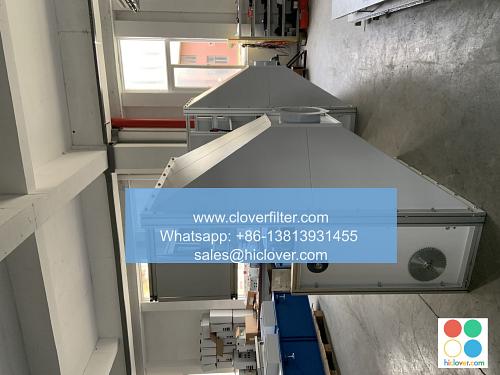Ensuring Compliance: Automatic Roll Air Filters and Regulatory Standards in Medical Labs

Medical laboratories play a critical role in the healthcare system, and maintaining a safe and healthy environment is essential for both patients and laboratory personnel. One crucial aspect of laboratory safety is air quality, which can be compromised by airborne contaminants, microorganisms, and other particles. To ensure compliance with regulatory standards, medical laboratories rely on advanced air filtration systems, including automatic roll air filters. In this article, we will explore the importance of automatic roll air filters in medical labs, highlighting various application areas and regulatory standards.
Importance of Air Filtration in Medical Labs
Medical laboratories are prone to airborne contaminants, which can originate from various sources, including biological samples, chemicals, and equipment. These contaminants can pose significant health risks to laboratory personnel, patients, and the general public. Effective air filtration systems, such as automatic roll air filters, are essential for removing airborne particles, including bacteria, viruses, and other microorganisms. By maintaining high-quality air, medical laboratories can prevent the spread of infections, reduce the risk of airborne diseases, and ensure a safe working environment.
Automatic Roll Air Filters: A Critical Component of Air Filtration Systems
Automatic roll air filters are a type of air filtration system that uses a continuous roll of filter media to capture airborne particles. These filters are designed to provide high-efficiency filtration, removing up to 99.97% of particles as small as 0.3 microns. Automatic roll air filters are ideal for medical laboratories, as they offer several benefits, including:
* High-efficiency filtration
* Low maintenance costs
* Extended filter life
* Compact design
Regulatory Standards for Air Filtration in Medical Labs
Medical laboratories must comply with various regulatory standards, including those set by the Occupational Safety and Health Administration (OSHA), the Centers for Disease Control and Prevention (CDC), and the National Institute for Occupational Safety and Health (NIOSH). These standards require medical laboratories to maintain high-quality air, free from airborne contaminants and microorganisms. Some of the key regulatory standards for air filtration in medical labs include:
* OSHA’s Occupational Exposure to Bloodborne Pathogens standard (29 CFR 1910.1030)
* CDC’s Guidelines for Environmental Infection Control in Health-Care Facilities
* NIOSH’s recommendations for air filtration in healthcare settings
Application Areas for Automatic Roll Air Filters in Medical Labs
Automatic roll air filters have various application areas in medical labs, including:
* Biosafety cabinets: Automatic roll air filters are used in biosafety cabinets to provide high-efficiency filtration and prevent the escape of airborne contaminants.
* Laminar flow workstations: Automatic roll air filters are used in laminar flow workstations to maintain a sterile environment and prevent contamination.
* Air handling units: Automatic roll air filters are used in air handling units to provide high-efficiency filtration and remove airborne particles from the air.
* Isolation rooms: Automatic roll air filters are used in isolation rooms to prevent the spread of airborne diseases and maintain a safe environment for patients and laboratory personnel.
Ensuring Compliance with Regulatory Standards
To ensure compliance with regulatory standards, medical laboratories must select air filtration systems that meet or exceed the required standards. When selecting automatic roll air filters, medical laboratories should consider factors such as:
* Filtration efficiency: The filter’s ability to capture airborne particles, including bacteria, viruses, and other microorganisms.
* Filter life: The length of time the filter can be used before it needs to be replaced.
* Maintenance costs: The cost of maintaining the filter, including replacement costs and labor costs.
* Compatibility: The filter’s compatibility with existing air handling systems and equipment.
By selecting the right automatic roll air filter and ensuring proper maintenance and operation, medical laboratories can maintain high-quality air, prevent the spread of airborne diseases, and ensure compliance with regulatory standards.

